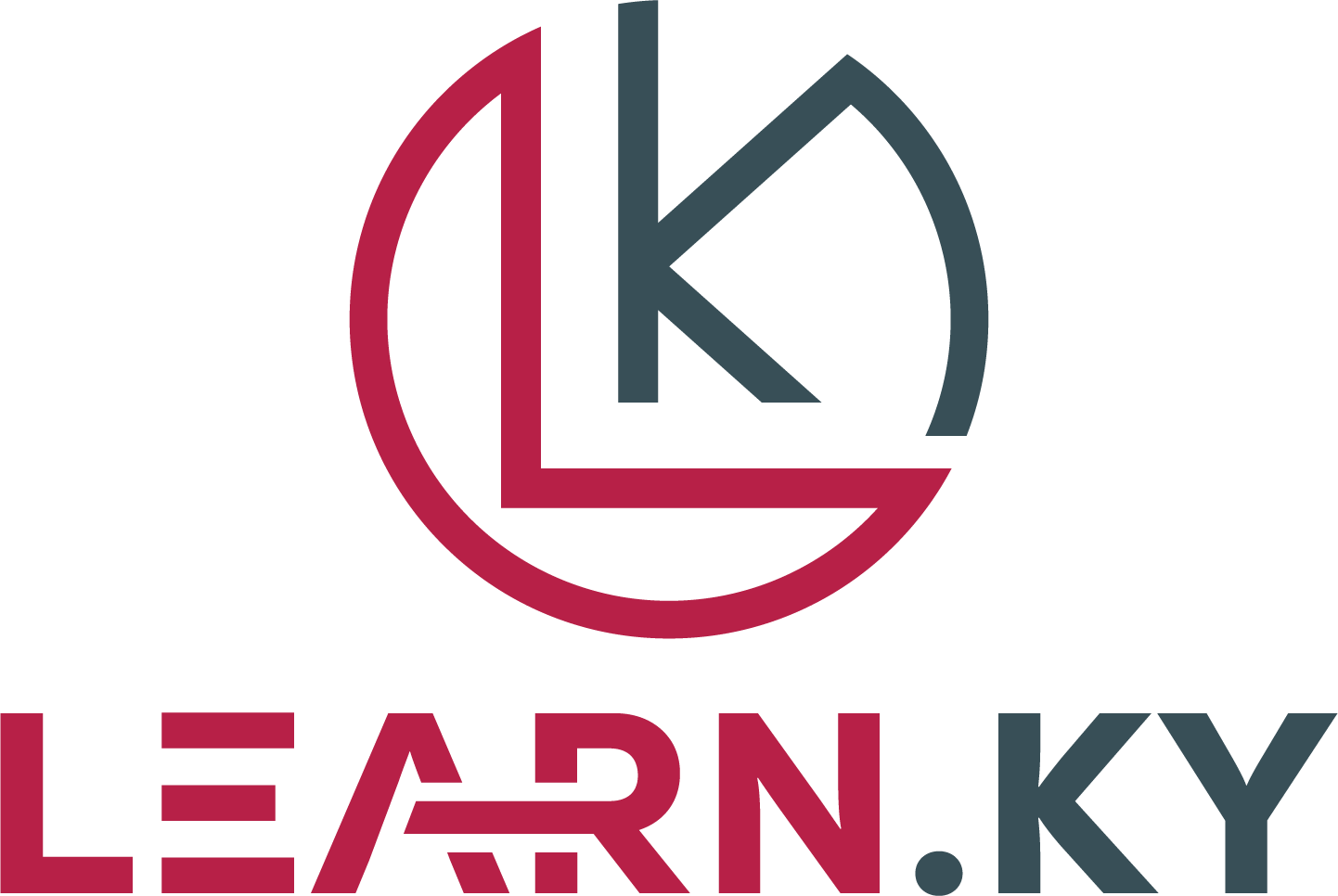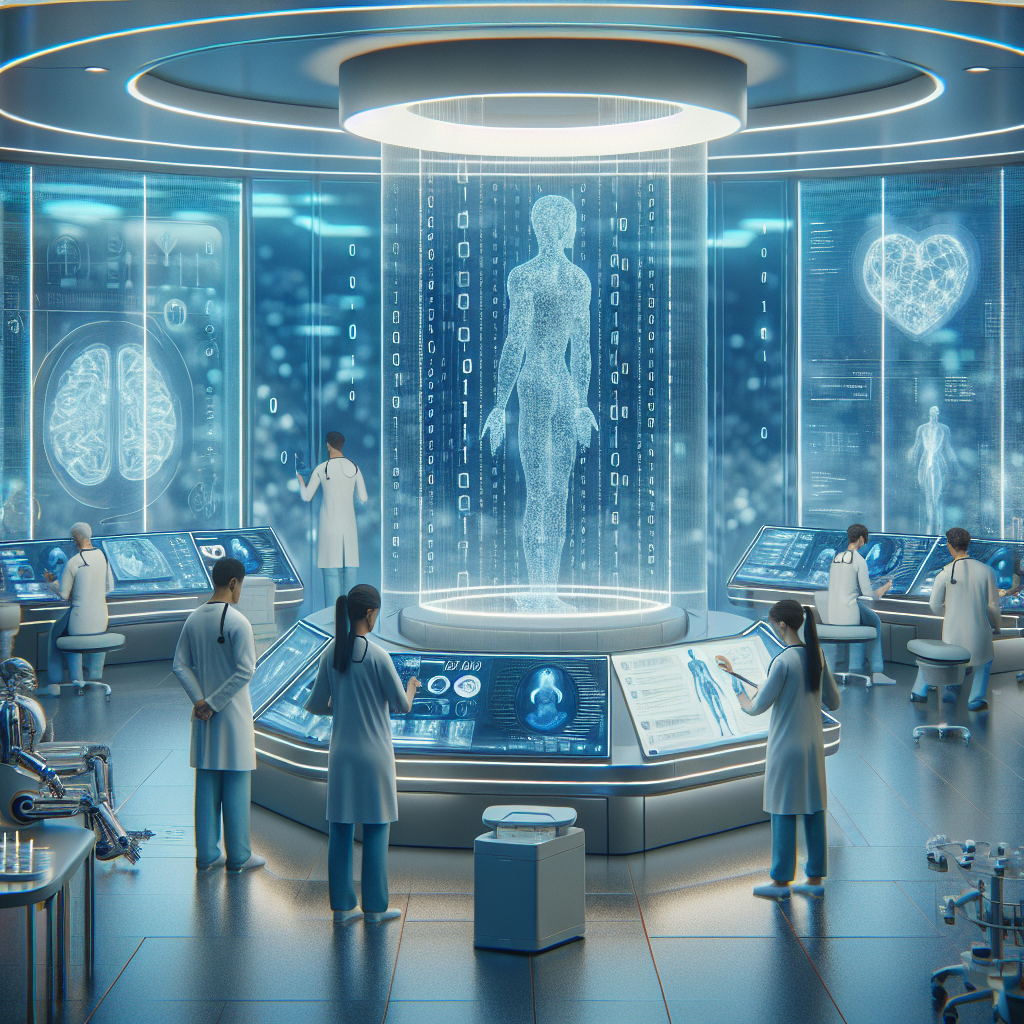Introduction
The healthcare industry is on the brink of a technological revolution, with artificial intelligence (AI) poised to transform the way we approach medical diagnosis, treatment, and care. As AI continues to advance at a rapid pace, its potential to revolutionize healthcare is becoming increasingly evident. This article aims to delve deeply into the topic, providing a mix of persuasive arguments, detailed explanations, and up-to-date information to discuss the boundless potential of AI in healthcare.
Enhanced Diagnostic Accuracy
One of the most significant ways that AI is poised to revolutionize healthcare is through its ability to enhance diagnostic accuracy. Traditional diagnostic methods can be time-consuming and prone to human error. AI, on the other hand, has the potential to analyze vast amounts of patient data and identify patterns and trends that may not be immediately apparent to human physicians. This can lead to earlier and more accurate diagnoses, ultimately leading to more effective treatment and improved patient outcomes.
For example, AI-powered diagnostic tools such as IBM’s Watson have demonstrated the ability to process and analyze medical images, such as X-rays and MRI scans, with a high level of accuracy. This has the potential to reduce the time and cost associated with diagnostic imaging and improve patient care by enabling earlier detection of medical conditions.
Personalized Treatment Plans
AI also has the potential to revolutionize healthcare by enabling personalized treatment plans for individual patients. By analyzing data from a patient’s medical history, genetic makeup, and lifestyle factors, AI can help physicians develop tailored treatment plans that are more effective and less invasive than traditional one-size-fits-all approaches. This could lead to improved patient outcomes and a reduction in healthcare costs by minimizing the need for trial-and-error treatments.
Drug Discovery and Development
In addition to improving diagnosis and treatment, AI has the potential to revolutionize the process of drug discovery and development. The traditional process of bringing a new drug to market is time-consuming, costly, and often fraught with failure. AI has the potential to expedite this process by analyzing vast amounts of data to identify potential drug candidates, predict their efficacy, and even design new molecules with specific properties. This could lead to the development of new and more effective treatments for a wide range of medical conditions.
Challenges and Considerations
While the potential of AI in healthcare is vast, it is not without its challenges and considerations. Ethical and regulatory concerns, data privacy and security, as well as the potential for bias in AI algorithms, are all important factors that must be carefully considered as AI continues to be integrated into healthcare systems. Furthermore, there is a need to ensure that AI is used in a way that enhances, rather than replaces, the human element of healthcare, maintaining patient trust and preserving the doctor-patient relationship.
Conclusion
In conclusion, the potential of AI to revolutionize healthcare is vast and has the power to improve diagnostic accuracy, personalize treatment plans, and expedite the drug discovery process. However, it is crucial to consider the ethical, regulatory, and societal implications of integrating AI into healthcare. As AI continues to advance, it is essential to ensure that its integration into healthcare systems is carried out thoughtfully and responsibly, with a focus on improving patient outcomes and enhancing the delivery of care.
As technology continues to evolve, AI will undoubtedly play an increasingly significant role in the future of healthcare. It is essential for healthcare professionals, policymakers, and patients to work together to ensure that AI is leveraged in a way that maximizes its potential to improve healthcare while upholding the highest standards of ethical and patient-centric care. The future of healthcare with AI is bright, and it is crucial to be prepared for the opportunities and challenges that lie ahead.










